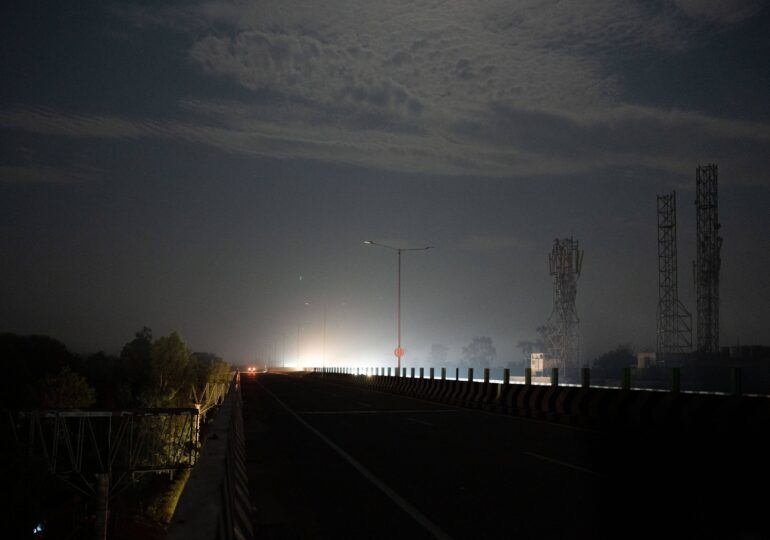The fragile ceasefire between India and Pakistan holds on Sunday, after a few hours of fighting during the night between the two neighboring nuclear-armed countries. Meanwhile, U.S. President Donald Trump has stated that he will try to find a solution regarding Kashmir.
The two rival countries have been engaged in intense exchanges of fire for four days, the most serious in nearly three decades, with rockets and drones launched at military installations and dozens of people killed, according to Reuters.
A ceasefire agreement has been reached after diplomatic efforts and pressure from the United States, but within hours, a new artillery fire broke out in Indian Kashmir, the center of much of the fighting.
- Trump's peace that didn't even last a day. Explosions and projectiles over the India-Pakistan border
Several explosions occurred in cities near the border, experiencing power outages, similar to those of the past two evenings, according to authorities, residents, and Reuters witnesses.
Mutual accusations
On Saturday evening, India accused Pakistan of violating the ceasefire agreement and stated that Indian armed forces were instructed to react firmly.
In response, Pakistan declared that it respects the ceasefire and blamed India for its violations.
By dawn, the reported fighting and explosions during the night had ceased on both sides of the border, according to Reuters witnesses. Electricity was restored in most areas along India's border towns.
Trump praised the leaders of both countries for agreeing to halt the aggression.
"Even though it hasn't even been discussed, I will substantially increase trade with these two great nations. Additionally, I will work with you to see if... a solution regarding Kashmir can be reached," Trump said in a post on the Truth Social network.
In the frontier town of Amritsar, where the revered Golden Temple of Sikhism is located, a siren sounded on Sunday morning to resume normal activities, bringing a sense of relief, with people seen on the streets.
The Battle for Kashmir
The fighting began on Wednesday, two weeks after 26 men were killed in an attack targeting Hindus in Pahalgam, Indian Kashmir.
"Since the day the terrorists attacked the people in Pahalgam, we closed our shops very early, and there was uncertainty. I am glad that there will be no more bloodshed on both sides," said 48-year-old shop owner Satvir Singh Alhuwalia in Amritsar, to Reuters.
The two countries have gone to war three times - twice over the Kashmir region.
India, with a Hindu majority, and Muslim Pakistan both control part of Kashmir but claim it in its entirety.
India blames Pakistan for an insurgency in its part of Kashmir, which began in 1989 and has killed tens of thousands. It also blames Pakistani Islamist militant groups for attacks in other parts of India.
Pakistan maintains that it only provides moral, political, and diplomatic support to Kashmiri separatists.
The total death toll in the recent clashes has reached nearly 70, officials said.

